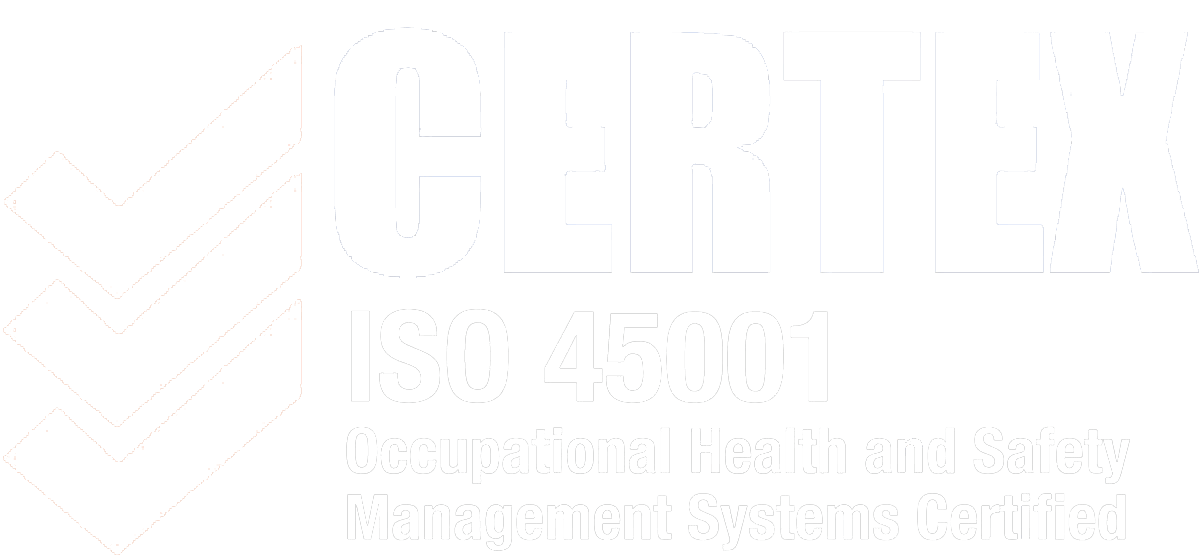Improving psychological safety in the workplace.
Psychological safety has become a buzzword in the business world and is frequently discussed in various industries ranging from healthcare and technology to financial services and beyond. Its relevance to agility, diversity and inclusion and remote working has further intensified the need for such safe environments.

The increasing prevalence of this term has also led to unfortunate misinterpretations. Many business leaders mistakenly assume that a healthy work environment automatically includes psychological safety, which is not the case. In reality, creating psychologically safe work environments is rare and requires dedicated effort.
Fostering psychological safety, where employees feel confident about expressing their views without fear of retribution, is a tough nut to crack. It’s natural for people to keep their ideas to themselves, be hesitant in asking questions and avoid disagreeing with their higher-ups.
This ingrained tendency stands in the way of honest communication, and stifles the free exchange of ideas, concerns, and queries more frequently than the average team manager is likely to notice. Reversing this trend requires deliberate focus and effort, entailing the implementation of new beliefs and behaviours in employees – of course, this isn't always simple.
A guide to psychological safety at work.
Thankfully, we now have a step-by-step guide due to the hard work and research of Harvard Business School Novartis Professor of Leadership & Management Amy C. Edmondson, and strategic advisor on leadership, strategy, innovation and organisational culture Per Hugander.
Regardless of what industry or work model your team operates under, try implementing these four tips in a way that works for the unique needs and circumstances of your specific team. You might be pleasantly surprised by the results!
Performance as the focus
To develop a psychologically safe work environment, it's crucial to keep performance at its core. The starting point of this intervention should be moving the conversation from culture change or interpersonal skills to prioritise how crucial the quality and honesty of conversations are in attaining results. It's not difficult to justify this claim - the nature of work that deals with knowledge relies heavily on the integration of thoughts and expertise of multiple individuals, and this multiplicity requires timely and transparent conversations.
On the other hand, stating goals such as “helping people feel safer” or “becoming better listeners” might not achieve the same effect. Although these aspirations are vital, they are merely a means to an end. The critical aspect is to make senior executives understand how important ensuring psychological safety is, particularly in resolving intricate problems.
Of course, insight alone can’t guarantee behavioural change. Experiencing a different approach in action is essential – hence why Per proposes a two-step approach to address this problem.
- Firstly, conduct safe, scheduled sessions where teams can practice and develop new interpersonal skills to gain progress regarding their most pressing issues.
- Secondly, encourage participants who have undergone significant transformations to share their stories to promote the culture of candour, empathy, and perspective-taking. As more people start to practice openly, the effectiveness of this method will become self-evident.
Creating a psychologically safe work environment through individual & team training
Winning sports teams typically engage in individual skills training and team practice to achieve their goals – why can’t a similar approach be applied to building psychologically safe work environments? It involves individual executives learning and practicing skills such as perspective taking and enquiry, which are essential for encouraging open and honest sharing of ideas and concerns.
However, it's only through teams engaging in generative dialogues (conversations where multiple perspectives are integrated to generate new and innovative solutions on how to move forward) that these skills truly take hold. These dialogues should be structured and facilitated in a way that allows the team to evaluate their effectiveness as they go.
One possible approach is to have weekly hour-long group sessions where individuals can learn and practice new skills, interspersed with longer monthly sessions dedicated to practicing the skills as a team.
Incorporate visualisation
Visualisation is a powerful tool that’s widely used in a variety of settings - from athletes who aim to break records to therapists helping patients modify their unwanted behaviours. By envisaging and describing specific, concrete details, individuals are better equipped to internalise new skills and acquire positive practices.
Although executives may initially find it challenging to come up with examples; over time, they learn to appreciate positive instances more and become increasingly deliberate in practicing new behaviours.
Normalise work-related vulnerability
The process of normalising vulnerability in the workplace is essential. Even the slightest feeling of vulnerability can lead to mild anxiety, making us uncomfortable. Fortunately, studies show that practicing small acts of vulnerability can help to alleviate anxiety.
This approach not only enhances employees’ skills but also helps them make progress – especially when beginning with simple and non-threatening challenges to encourage interpersonal risk-taking. Without this crucial step, valuable yet uncomfortable information might not come to light, impeding progress in the dialogue.
"In today's workplaces, achieving true psychological safety is vital for open dialogue and innovation”.
Psychological safety in the workplace - the takeaway.
Emphasising performance, working collectively and independently, utilising visualisation, embracing vulnerability, and above all, tackling real issues to enhance skills while advancing on pressing concerns form a potent strategy to modify the atmosphere and competencies of any team.
Now granted, this takes considerable effort, but that's precisely what makes it a valuable competitive edge. Particularly in turbulent times, managers and their teams depend greatly on frankness, rapidity, and ingenuity to move forward. Cultivating capabilities associated with psychological security and viewpoint-taking is not just a "fundamental" step but is increasingly integral to achieving excellence in arduous business situations.
For more information about mental health and wellness in the workplace (including what not to say to a colleague or employee who is depressed), you’ll find a wealth of resources online at Drake WellbeingHub.
 CA-EN
CA-EN UK
UK AU
AU US
US NZ
NZ PH
PH ZA
ZA SG
SG HK
HK






